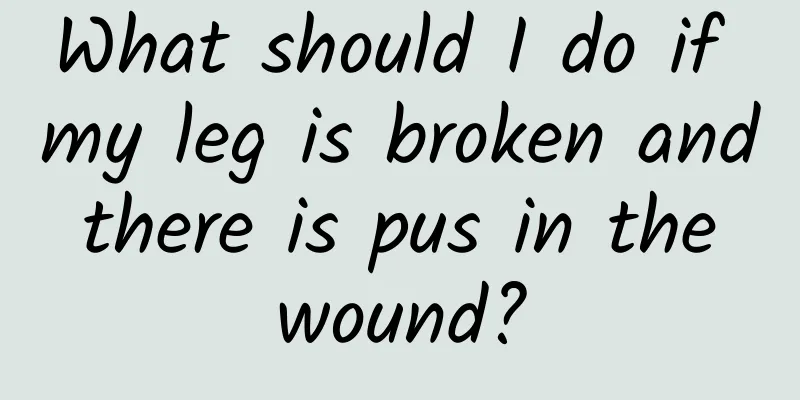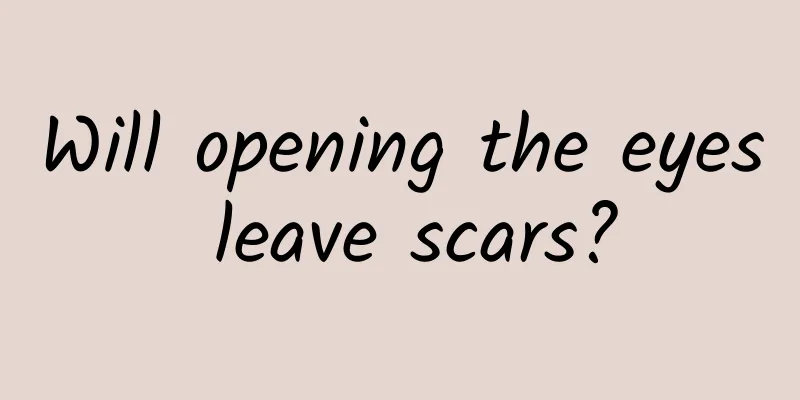First aid measures for epilepsy

|
Everyone should know about epilepsy, because there are quite a few people with this disease. It is actually a sudden, transient brain dysfunction disease, and epilepsy is inherited in the family, so people with this problem are also very distressed, fearing that they will pass it on to their children. Epilepsy attacks also have no precursors. Patients often scream, fall to the ground, start convulsing, and foam at the mouth. This is very dangerous. So what are the first aid measures for epilepsy attacks? 1. When an epileptic patient has an attack, the patient should be helped to lie on his side immediately to prevent him from falling or getting hurt. Do not put pillows or any other elevated objects under him. Use a tongue depressor or chopsticks wrapped in a towel or soft cloth and place them between the back teeth. However, be careful not to block the mouth. This is to prevent the patient from biting his tongue. Then immediately loosen the collar and let the patient's head tilt to one side so that the secretions in the mouth can flow out naturally. It is necessary to prevent saliva from accidentally entering the airway and causing aspiration pneumonia. At the same time, the patient's lower jaw needs to be lifted to prevent the tongue from blocking the trachea. Then loosen their tie, bra, buttons, and belt to keep their airways open. 2. Do not force-feed water during an attack, do not forcibly press the limbs when you see them twitching, and do not press the patient's limbs too hard to avoid fractures or sprains. 3. If epilepsy attacks continue and are serious, you need to call 120 emergency number immediately and send to the hospital for treatment. 4. Drugs for treating epilepsy need to be taken on an empty stomach. However, if the patient has stomach problems and is afraid that the drugs will irritate the stomach and cause discomfort, they can also be taken after meals. During the medication period, attention should be paid to oral hygiene and brush teeth frequently. 5. Epilepsy patients need to maintain a good attitude, avoid being emotionally excited or overworked, avoid riding a bicycle, climbing high places, swimming, etc., and avoid working near machines to avoid epilepsy attacks and causing harm to the patient. 6. If the patient has dentures, he/she should take them off before going to bed. When the patient sleeps in a single bed, a barrier should be set up beside the bed to prevent him/her from falling off the bed during an attack and causing injury. |
<<: The efficacy and function of Chinese medicine leeches
>>: Implantation success symptoms
Recommend
Side effects of Roselle
Many people don't know much about Roselle. Wh...
Treating coronary heart disease
Coronary heart disease is the abbreviation of cor...
What are the dangers of pelvic cysts and ovarian cysts?
Clinically, ovarian cysts often present with lowe...
What to do if the buttocks muscles atrophy and collapse
Many patients suffer from hip muscle atrophy and ...
Penile blood vessels hardening
There are also a large number of blood vessels di...
Arm meridian pain
Meridians are a very important concept in traditi...
My child suddenly has red spots all over his body. Is this eczema?
For children, if red spots appear all over the bo...
How long does it take to boil the aconite without causing poisoning?
Many people don’t know what Fupian is, so what we...
Heart discomfort when emotional
Some people will find that their hearts are uncom...
Boys whiten and remove acne, choose these two methods
For male friends, during their teenage years when...
Why do polyps grow in the stomach?
Polyps in the stomach are gastric polyps, which r...
Are third molars wisdom teeth?
The third molar is the last tooth to erupt, usual...
You will become addicted after taking drugs for a few times, you should know these things
People are no strangers to drug abuse. Drug addic...
The side effects of Astragalus are too great
Scutellaria baicalensis is a very common Chinese ...
What to do if you have a toothache after eating cold food
In order to clear away heat and relieve summer he...









